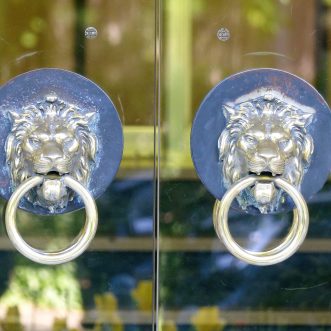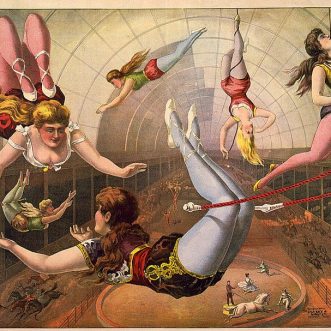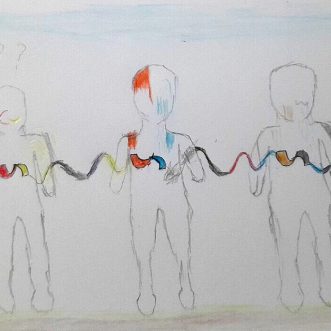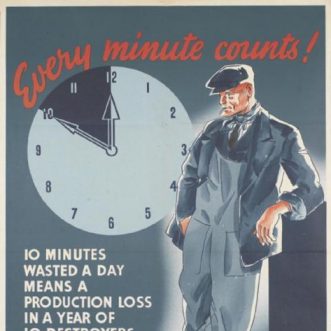
Good Design makes a product understandable
It clarifies the product’s structure. Better still, it can make the product clearly express its function by making use of the user’s intuition. At best, it is self-explanatory. Dieter Rams, Design Principle number 4.
How many times have you pulled at a door that was meant to be pushed? Or pushed a door that was meant to be pulled?
There are 4 simple design solutions that would prevent that tiny but all too frequent source of wasted energy and frustration:
- Put a flat plate on the ‘push’ side and a handle on the ‘pull’ side.
- Allow the door to swing both ways, and have a flat plate on both sides (because both are now ‘push’).
- Allow the door to swing both ways, and have a handle on both sides (because both are now ‘pull’).
- Have the door open automatically as someone approaches it.
1, 2 and 3 make the door understandable, 4 makes it self-explanatory.
We live and work among millions of designed products every day, from doors to roundabouts and office blocks to business processes, organisational structures and governments, many of which provide all too frequent sources of wasted energy and frustration.
How would you re-design them?








